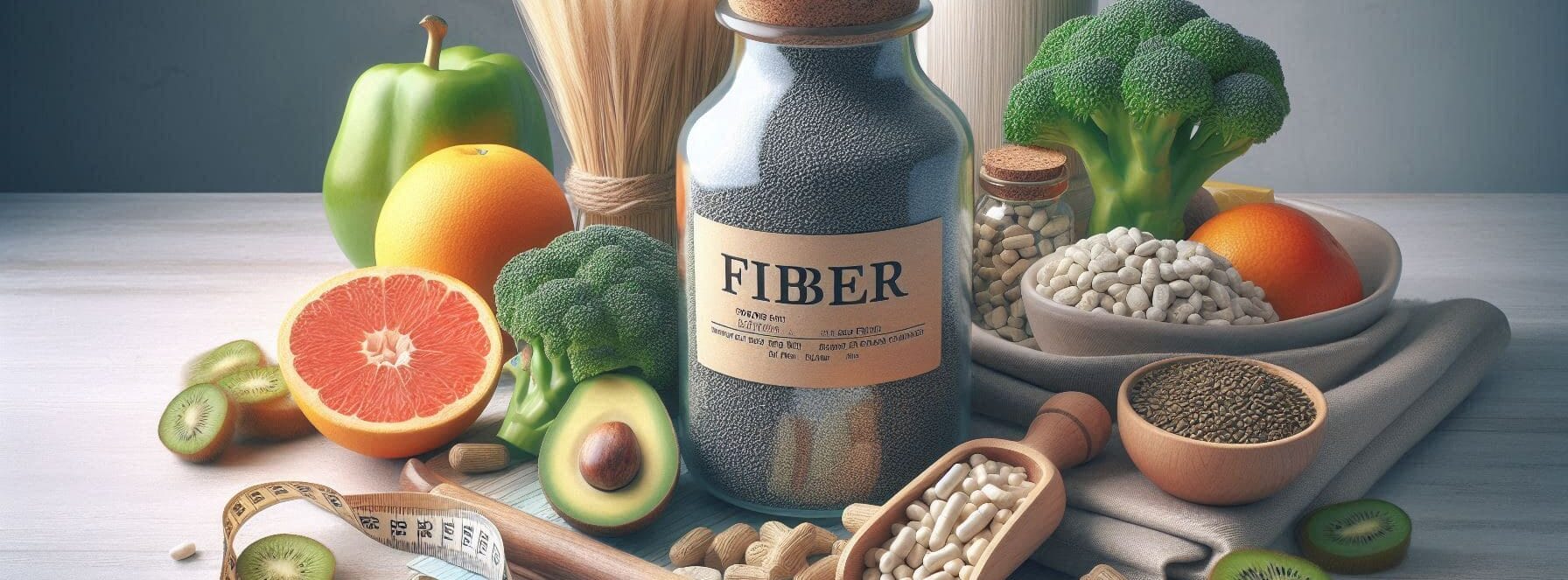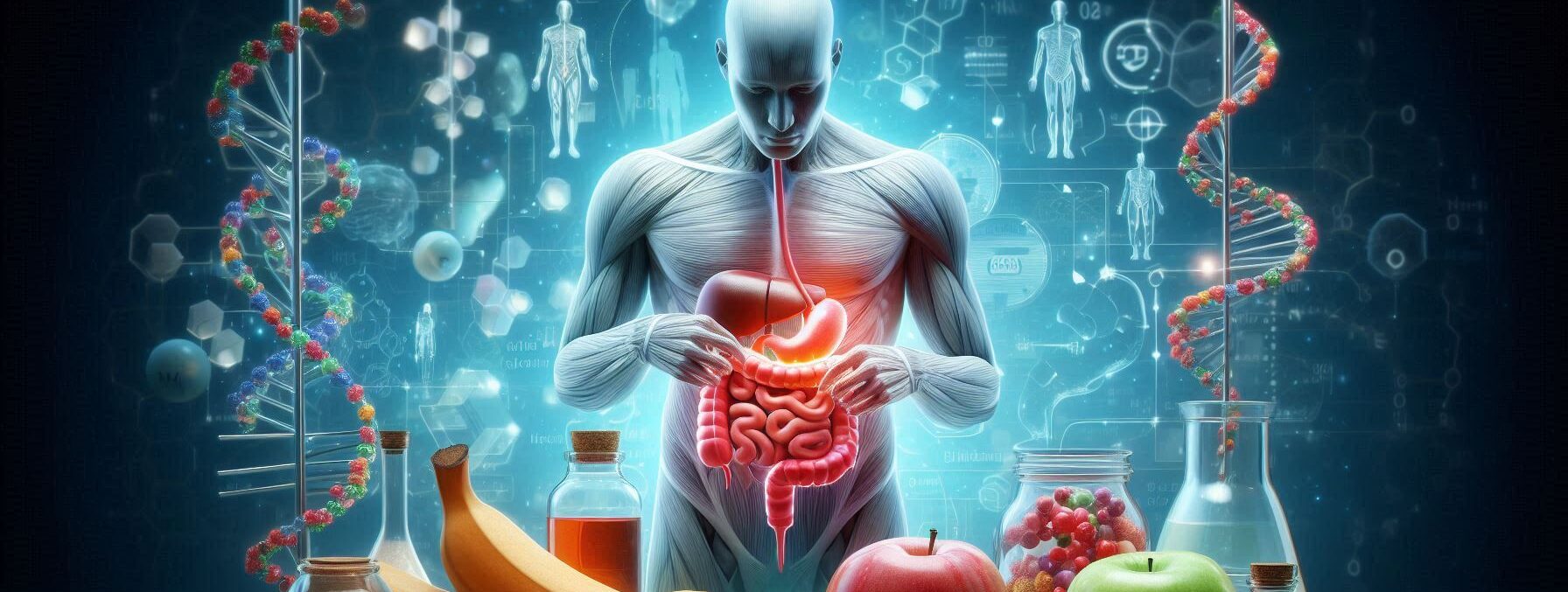Let’s take a moment to appreciate fiber. Yes, that magical substance found in fruits, vegetables, and whole grains that sounds like it belongs in the world of computer programming rather than your dinner plate.
But don’t be fooled! Fiber is not just some boring nutrient; it’s like the unsung hero of your diet plan, quietly working behind the scenes while you’re busy contemplating whether to have a second slice of pizza.
Top Takeaways and Key Concepts
Understand fiber types: Include both soluble and insoluble fiber to aid digestion and promote fullness.
Increase satiety: Eat high-fiber foods like fruits, vegetables, and whole grains to reduce cravings.
Support digestive health: Consume enough fiber daily to maintain regular bowel movements and prevent constipation.
Protect heart health: Focus on soluble fiber to help lower cholesterol and reduce cardiovascular risk.
Gradually add fiber: Increase intake slowly using fruits, vegetables, and whole grains to meet 25–30 grams daily.
Summary of This Article
The article emphasizes the importance of dietary fiber for overall health, weight management, and digestion. Soluble fiber slows digestion and promotes fullness, while insoluble fiber adds bulk and supports bowel regularity. Adequate fiber intake can reduce cravings, aid in weight control, and lower cholesterol to protect heart health. Gradually incorporating fiber-rich foods such as fruits, vegetables, legumes, and whole grains ensures daily targets of 25–30 grams are met, supporting both short-term satiety and long-term digestive and cardiovascular wellness.
1. What Is Fiber Anyway?
Please Note: This post may contain affiliate links. If you click one of them, we may receive a commission at no extra cost to you. As an Amazon Associate, I earn from qualifying purchases.

So, what exactly is fiber? Well, it’s basically the part of plant foods that your body can’t digest. Imagine inviting a bunch of people over for dinner who refuse to eat anything you serve them.
That’s fiber—hanging around in your digestive system doing absolutely nothing except making sure everything runs smoothly.
Interestingly enough, there are two types of fiber: soluble and insoluble. Soluble fiber dissolves in water and turns into a gel-like substance that slows digestion (hello, feeling full!).
On the other hand, insoluble fiber adds bulk to your stool and helps food move through your intestines (thank you very much). It’s like having a personal trainer for your gut—except this one doesn’t yell at you or make you do burpees.
2. The Fullness Factor: How Fiber Keeps You Satisfied
Have you ever noticed how after eating a big bowl of salad or oatmeal, you feel fuller than when you devour an entire bag of chips?
That’s because high-fiber foods keep you satisfied longer! When I switched from potato chips to popcorn (the kind without all the butter), I was amazed at how much longer I felt full—and also how much less guilt I had afterwards.
By the way, if you're trying to lose weight or just maintain a healthy lifestyle, incorporating more fiber into your meals can help reduce those pesky cravings for junk food.
It works by slowing down digestion and keeping blood sugar levels stable. So instead of reaching for another cookie (or three), why not grab an apple instead? Your stomach will thank you!
3. Digestive Health: A Love Story
Let’s talk about everyone’s favorite topic: digestion! If there were awards for awkward dinner conversations, discussing bowel movements would definitely take home gold. But here’s the thing—fiber plays a crucial role in keeping our digestive systems running smoothly.
When we consume enough fiber daily, we promote regular bowel movements and prevent constipation—a common issue that nobody wants to deal with (seriously).
Plus, getting enough fiber may even reduce the risk of developing certain gastrointestinal diseases later on! So every time I munch on my beloved beans or lentils—no matter how many jokes my friends make—I remind myself I'm investing in my long-term health.
4. Heart Health: The Unsung Hero
Speaking of long-term health benefits—let's discuss heart health! You might be wondering how something as unassuming as fiber could possibly protect our hearts. Well, let me enlighten you!
Research shows that diets high in soluble fiber can lower cholesterol levels by binding to cholesterol molecules and helping remove them from our bodies before they have a chance to clog up those precious arteries.
It's like having little cleaning crews constantly working on keeping things tidy inside us while we sit back with our kale smoothies pretending we're hipsters.
Honestly though—it’s essential to combine this heart-healthy approach with other lifestyle changes too! Regular exercise and avoiding excessive amounts of fried food will help amplify those benefits even further.
5. Getting More Fiber Into Your Life
Now that we've established why fiber is so important let's tackle how we can incorporate more into our diets without feeling overwhelmed—or resorting back to fast-food drive-thrus out of desperation!
First off—start slow! If you're currently living life without much dietary fiber (gasp!), suddenly diving headfirst into bowls filled with chia seeds may leave you regretting life choices quite quickly (trust me).
Instead, gradually increase intake by adding fruits like apples or berries as snacks throughout the day; toss some veggies onto sandwiches; replace white bread with whole grain options…you get where I'm going here!
Interestingly enough—the average adult should aim for about 25-30 grams per day—but most only hit around half that mark! With simple adjustments here and there throughout meals each week—you’ll be well on track before ya know it!
Suggested Resources:
The Importance of Dietary Fiber
https://www.healthline.com/nutrition/fiber-benefits
Fiber-Rich Foods List
https://www.webmd.com/diet/ss/slideshow-high-fiber-foods
How Much Fiber Do You Need?
https://www.eatright.org/health/wellness/preventing-illness/how-much-fiber-do-you-need
Frequently Asked Questions
What is dietary fiber and why is it important?
Dietary fiber is the indigestible part of plant foods that supports digestion, satiety, and overall health. It includes both soluble and insoluble types.
How does fiber help with weight management?
Fiber slows digestion and increases fullness, which reduces cravings and helps control calorie intake throughout the day.
What are good sources of fiber?
Fruits, vegetables, legumes, nuts, seeds, and whole grains are all excellent high-fiber options for daily meals and snacks.
How much fiber should I eat each day?
Most adults should aim for 25–30 grams of fiber per day, gradually increasing intake to avoid digestive discomfort.
What is the difference between soluble and insoluble fiber?
Soluble fiber dissolves in water to slow digestion and lower cholesterol, while insoluble fiber adds bulk and supports regular bowel movements.
Can increasing fiber improve digestive health?
Yes, consistent fiber intake promotes regularity, prevents constipation, and supports long-term gut health.
Does fiber support heart health as well?
Soluble fiber can help lower cholesterol levels, reducing cardiovascular risk when combined with a balanced diet and healthy lifestyle.

Kevin Collier is a dedicated health enthusiast and writer for FatFAQ.com, where he shares his expertise on weight loss and maintaining a healthy lifestyle. With a focus on practical tips and evidence-based strategies, Kevin aims to inspire readers to achieve their health goals through informed choices. His engaging articles cover nutrition, exercise, and holistic wellness, providing valuable resources for anyone looking to improve their well-being. Passionate about helping others transform their lives, Kevin advocates for sustainable habits that promote lasting health and vitality.




